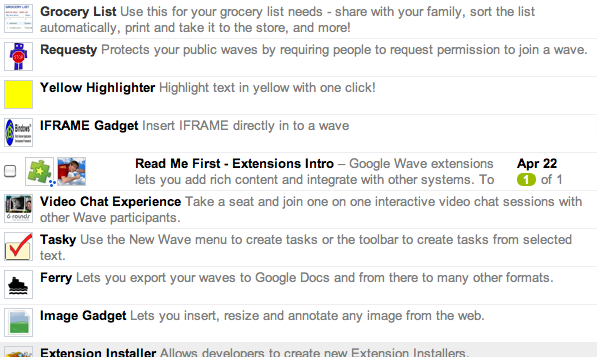Time, innovation and funding.
I’ve worked in both schools and universities. In the former the ‘barrier’ to innovation is usually said to be time. In the latter it’s usually seen as the trials and tribulations of getting funding.
Whilst I agree that teachers work crazy hours and that both schools and universities are generally underfunded, I can’t help but think that the real reason institutional innovation is stifled is because of permission-seeking.
We all know that the worst kind of censorship is self-censorship – the fear that your actions might bring displeasure or punishment. People, I’m sad to say, don’t tend to give themselves the permission to innovate.
It might be slightly controversial to say so, but it’s easy to ask for time and money in an attempt to ensure a project is a success. And it’s also easy to say that something’s ‘not possible given current resources’. But time and money do not in and of themselves lead to successful projects.
What I think people are hankering after when they ask for money or time for innovation projects is approval. Might I suggest that truly innovative projects are unlikely to get such approval?
Some projects need huge levels of buy-in and support and funding and scoping. Most don’t.
Just get on and do it.
Image CC BY-NC Wiertz Sébastien


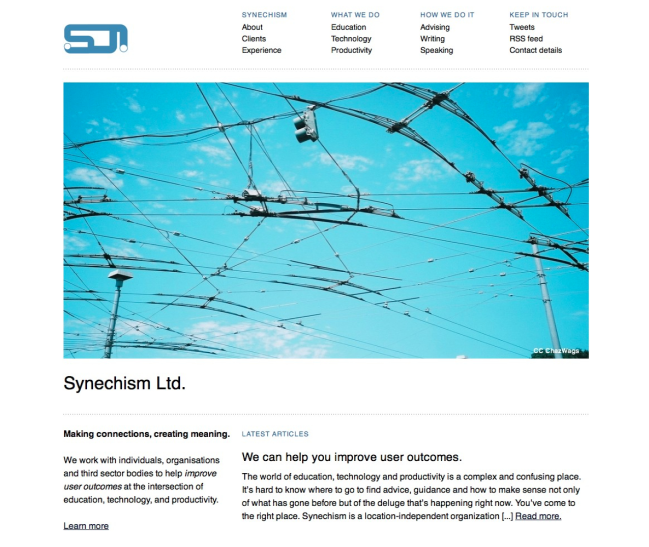
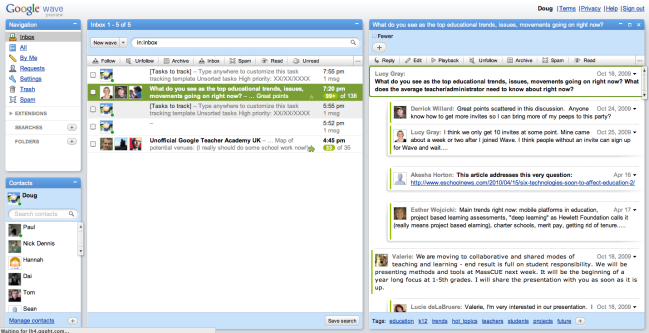
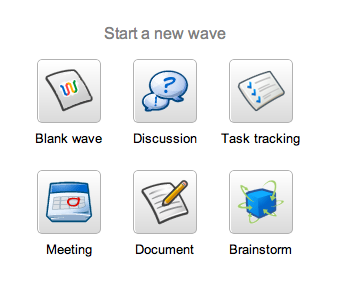
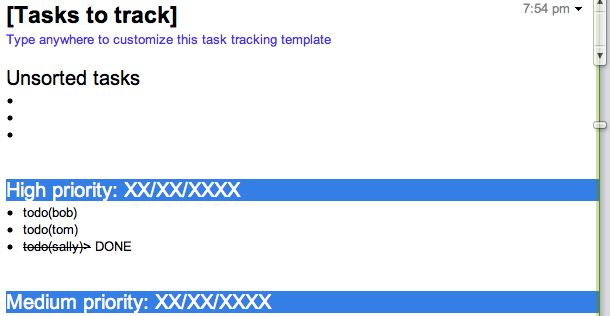
 When you throw the extensions into the mix, you’ve got a very powerful collaborative tool. The iFrame gadget, in particular, is an extremely valuable option. I can imagine, for example, distributed teams using Google Wave for meetings. They’d use the meeting or brainstorm template, add the ‘Yes/No/Maybe’ gadget and the ‘Map’ gadget to organise a face-to-face meetup. There’s also several gadgets to turn Google Wave into the liveblogging app to end all liveblogging apps:
When you throw the extensions into the mix, you’ve got a very powerful collaborative tool. The iFrame gadget, in particular, is an extremely valuable option. I can imagine, for example, distributed teams using Google Wave for meetings. They’d use the meeting or brainstorm template, add the ‘Yes/No/Maybe’ gadget and the ‘Map’ gadget to organise a face-to-face meetup. There’s also several gadgets to turn Google Wave into the liveblogging app to end all liveblogging apps: